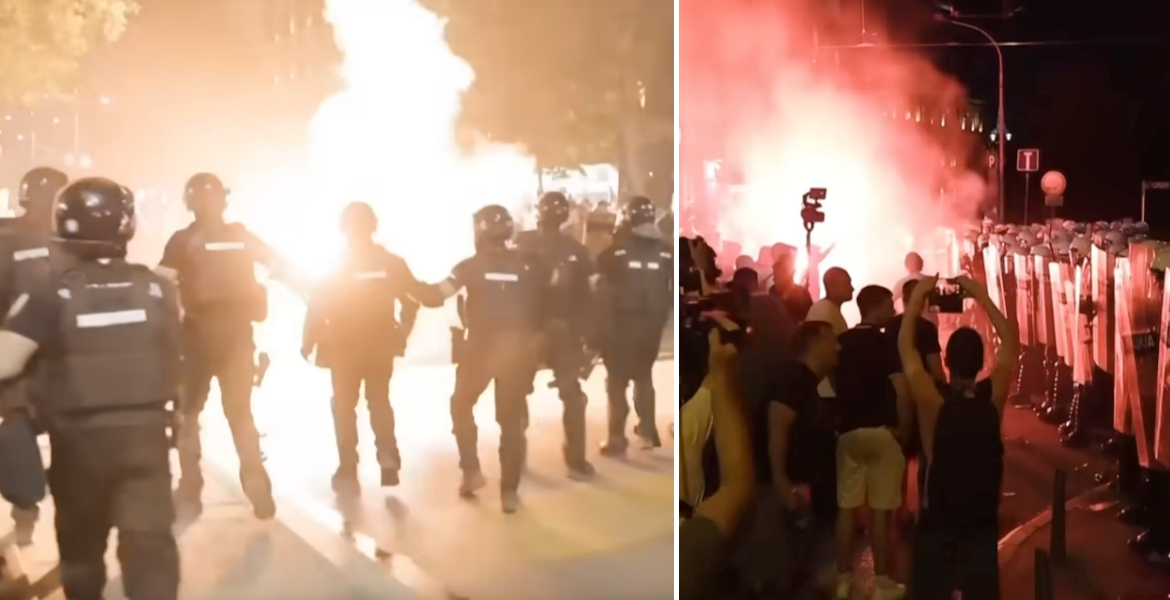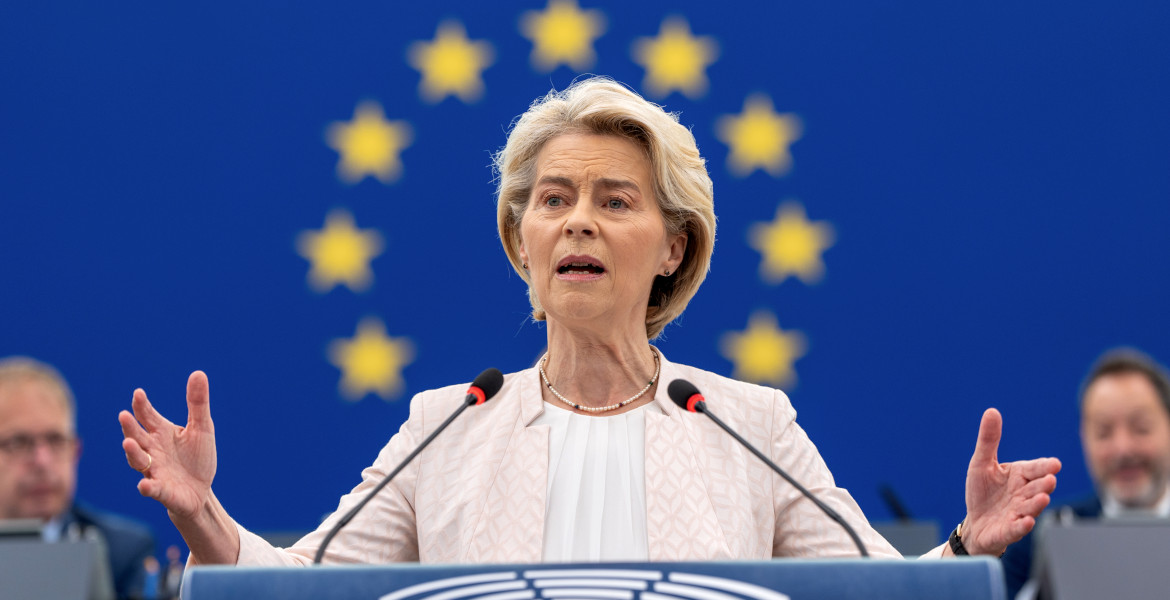AI will be banned and restricted in several areas in the EU. According to a press release, the restrictions will cover biometric category systems, emotion recognition and facial recognition databases.
On Friday, the European Parliament, the European Commission and the Council of Ministers reached an agreement on the regulation of AI in the EU. The new regulation prohibits the use of biometric categorization systems that analyze protected personal data such as ethnicity and political affiliation, and restricts the use of emotional recognition in the workplace and education. In addition, the new law prohibits the indiscriminate collection of facial images from the Internet or surveillance cameras to create facial recognition databases, according to a press release from the European Parliament.
Social scoring systems based on behavior or personal characteristics are also banned, as are systems that manipulate human behavior to “circumvent free will.”
“A unique legal framework for the development of AI you can trust. I welcome today’s political agreement, Commission President Ursula von der Leyen writes on X.
Biometric identification systems, such as facial recognition, will be strictly limited to certain police uses. They can be used to trace victims of certain types of crime, including kidnapping, human trafficking and sexual exploitation. It can also be used in cases of terrorist threats and to search for suspects of certain “serious crimes”.
The EU legislation also introduces strict rules for AI systems classified as “high risk”. This requires developers to carry out detailed impact assessments to assess how their AI solutions, particularly in the financial and insurance sectors, could affect citizens’ fundamental rights. In addition, AI systems used in electoral processes within the Union will be included in the category of high-risk systems.
Fines for violations of the AI law will range from €7.5 to €35 million, or 1.5 to 7% of a company’s global turnover.
The text that has been agreed upon needs to be officially approved by both the Parliament and the Council to be established as EU law. The Internal Market and Civil Liberties Committee of the Parliament will cast their votes on this agreement in an upcoming meeting.









